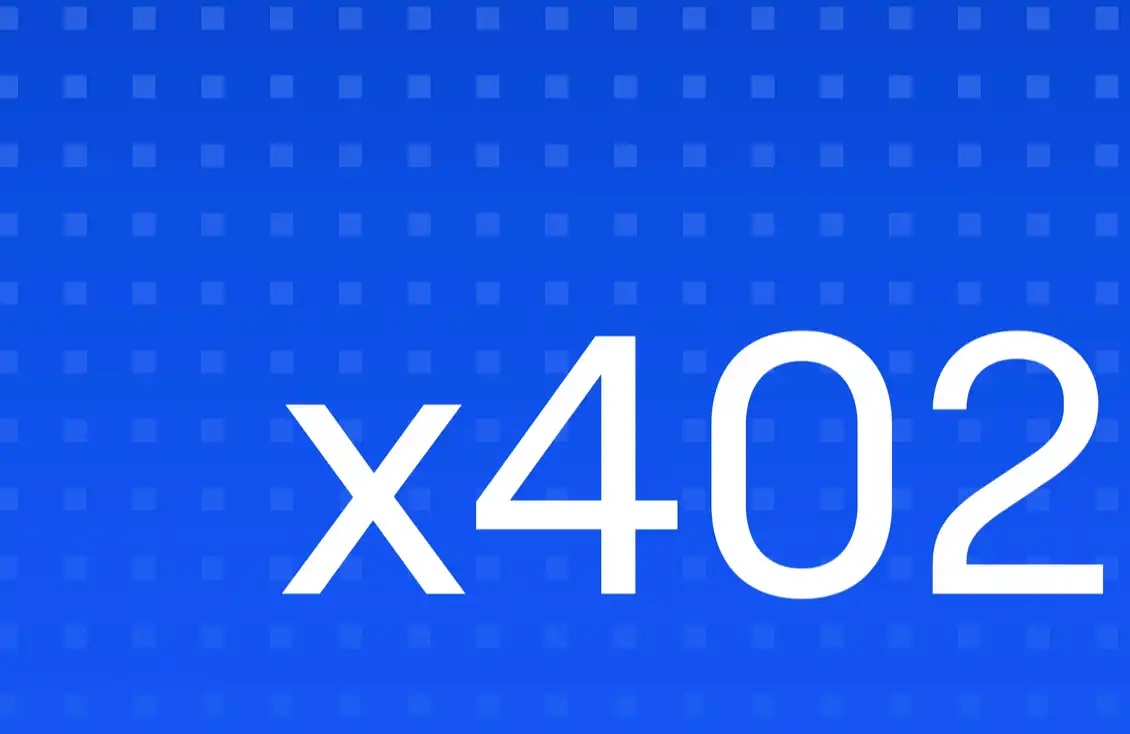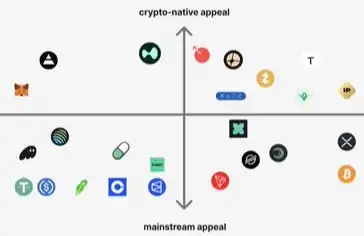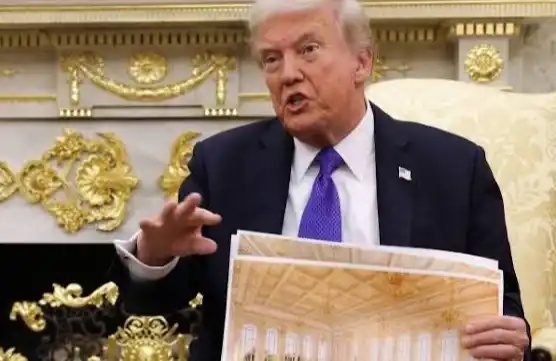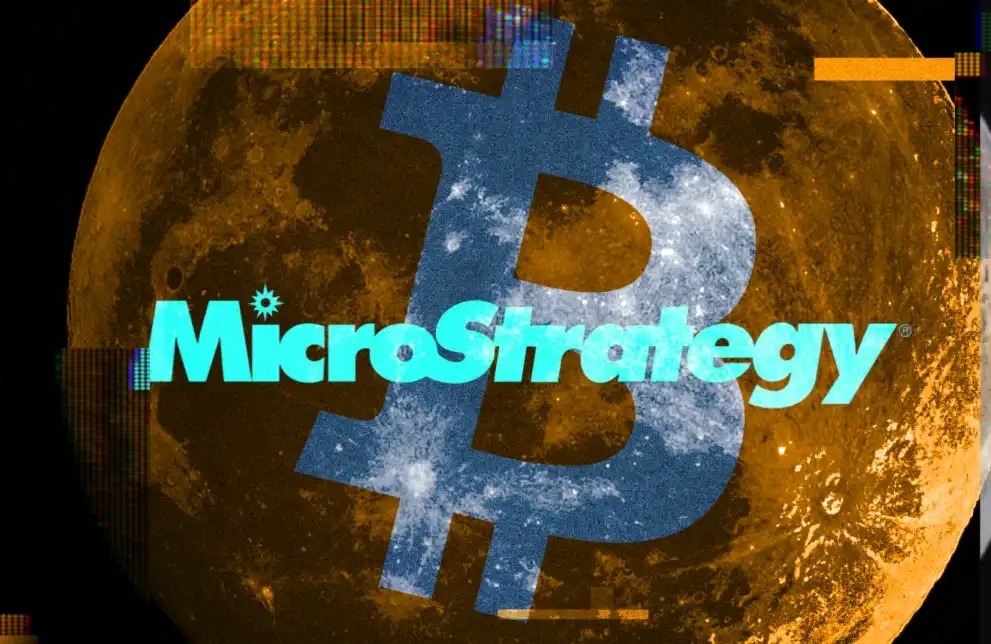How the U.S. Can Build the Cryptocurrency Capital? a16z Releases 11 Articles to Elaborate
Original Title: Making the U.S. the crypto capital: What it would take
Original Source: a16z
Translation: Tom, MarsBit
The U.S. seems to be shifting its adversarial stance toward blockchain and cryptocurrency to a more supportive one, providing clear guidance and rules to help builders navigate them. Although this shift is still in its early stages, the government has taken some encouraging steps towards this goal. A new leadership, new rules, new task forces—all these measures have provided the crypto industry with what it sorely needed: a viable path forward.
Despite crypto startups facing lawsuits, jurisdictional disputes among regulators, angry letters from lawmakers, de-banking events, and regulatory scrutiny through enforcement in recent years, the past few weeks have shown a more optimistic, pro-tech attitude. From the White House to regulatory agencies, we have seen the appointment of AI and cryptocurrency czars and the issuance of executive orders supporting blockchain development. The Securities and Exchange Commission (SEC) has established a new cryptocurrency division and repealed the once-hindering Staff Accounting Bulletin 121 rule. In both houses of Congress, key legislators have also indicated willingness to legislate clear rules for the industry.
In order to facilitate dialogue between government officials and blockchain experts, we have gathered opinions from 11 industry experts covering everything from tax implications, staking rewards to broader issues such as encouraging decentralization and reforming America's regulatory framework. These insights provide policymakers with valuable considerations to help them better navigate cryptocurrency regulation issues and ensure the U.S. leads this pivotal moment in the transformation to the internet's next generation.
1. Why Decentralization Is So Critical, and Why Incentives Are Needed
——Miles Jennings
Decentralization is crucial. It drives new governance structures, organizational forms, and robust economies—translating into more choices, more voices, and more competition. However, achieving decentralization has always been challenging because until a technology of large-scale coordination emerges (or opens up to everyone), it often lacks advantages compared to the efficiency and stability of centralized systems—until now.
Over the past decade, with the continuous advancement of technology, we have reached a stage where decentralization can truly function and be applied to many aspects of digital life. However, we are now facing a new challenge: how to incentivize decentralization. Despite many obstacles, many builders have successfully achieved decentralization at scale. To attract more builders to participate, all we need is a clearer path forward and a fair competitive environment.
“Just like gravity, centralization is a force that is hard to resist. In contrast, decentralization—shifting control and power to a distributed group—is inefficient. It requires immense energy, effort, and engineering to overcome natural order.”
Miles Jennings is the General Counsel at a16z crypto, where he advises the company and its portfolio companies on decentralization, DAOs, governance, NFTs, and state and federal securities laws. Prior to this role, he was a partner at Latham & Watkins, co-leading the firm’s global blockchain and cryptocurrency practice.
2. U.S. Securities and Exchange Commission (SEC) Embracing the (Digital) Age
——Scott Walker and Bill Hinman
The U.S. Securities and Exchange Commission (SEC) can immediately make six adjustments to establish relevant regulatory rules—without sacrificing innovation or essential investor protections.
“Through these adjustments, the SEC can reaffirm its mission and reposition itself as a forward-looking regulatory body, ensuring that the U.S. market remains competitive while also safeguarding the public interest.”
Scott Walker is the Chief Compliance Officer at Andreessen Horowitz. Previously, he served as a senior specialist in digital assets and blockchain technology in the regulatory arm of the U.S. Securities and Exchange Commission (SEC) and held roles as Vice President and Legal Counsel at BlackRock, focusing on derivatives, prime brokerage, and securities lending transactions.
Bill Hinman is currently an advisory partner at a16z crypto and a senior advisor at the global law firm Simpson Thacher & Bartlett LLP. From 2017 to 2020, Bill served as the director of the Division of Corporation Finance at the U.S. Securities and Exchange Commission.
3. Let Staking Flourish in the U.S.
— Ji Kim and Alison Mangiero
Staking — enabling users to participate in maintaining and securing specific blockchain networks — has revolutionary potential. Here are five steps the U.S. Securities and Exchange Commission (SEC) can take to ensure the flourishing of the staking industry.
“The U.S. should lead innovation, focusing on how to make this ‘financial’ infrastructure more efficient, secure, and accessible.”
Ji Kim is the President and Acting CEO of the Crypto Council for Innovation. Previously, he served as the group's Chief Legal and Policy Officer and has over 15 years of experience as a tech company legal counsel and policy executive.
Alison Mangiero is the Executive Director of the Proof of Stake Alliance, a project under the Crypto Council for Innovation that advocates for clear, forward-looking public policies to promote innovation in the staking industry. Previously, she founded the Tocqueville Group, an entity creating open-source software and other public goods for the Tezos blockchain network.
4. End the Era of Mass Financial Surveillance
— Grant Rabenn
The 1970 Bank Secrecy Act created a massive financial database — the FinCEN database — putting our sensitive personal data at risk. Blockchain technology offers a better path forward.
「The 'Bank Secrecy Act' has given rise to a vast regulatory-industrial complex, requiring U.S. financial institutions to conduct daily customer surveillance.」
Grant Rabenn is the Head of International Legal Compliance at Coinbase (Asia Pacific and Americas). Prior to joining Coinbase, Grant spent a decade as a federal prosecutor specializing in money laundering and cybercrime cases, and led the government's early investigations involving cryptocurrency.
5. Anyone Can Be 'Debanked.' Decentralized Finance (DeFi) Is a Key Safety Net
——Katherine Minarik
What happens when you lose control of your primary household bank account—no explanation or recourse? Self-custody of crypto assets can provide a lifeline in times of traditional financial system failure.
「That bank has frozen all of our accounts indefinitely. Our bank officials cannot provide us with any more information. They cannot even inform us if, how, or when we will be able to retrieve our funds... It's a terrifying feeling.」
Katherine Minarik is the Chief Legal Officer at Uniswap Labs. Previously, she served as Vice President and Deputy General Counsel at Coinbase, overseeing global litigation matters.
6. It's Time to Bring Assets Onchain
——Jenny Cieplak
「Tokenization is a method of digitally recording ownership of assets, often on a blockchain—this practice has the potential to modernize financial infrastructure significantly. If the U.S. Securities and Exchange Commission (SEC) were to unilaterally prohibit these assets from going on-chain, traditional financial institutions could stand to benefit.」
「In theory, this should have opened the door to using the latest and most advanced technologies— including blockchain and distributed ledger technology.」
Jenny Cieplak is a partner at Latham & Watkins LLP, specializing in advising financial technology and financial services clients on new technology development and deployment. Her work practice merges industry regulation, cutting-edge technology, and the intersection of financial services.
7. Why the DOJ’s Actions on DeFi Are a Disaster
—Miller Whitehouse-Levine and Amanda Tuminelli
All other policy and legal issues must start from one core question: Who is in control? Some of the prosecutions against DeFi protocols are built on erroneous assumptions about the controller's identity and the extent of their control, causing unnecessary harm to blockchain development.
「Blaming the automobile manufacturer for the reckless driving of its vehicle users is clearly nonsensical, and the same logic applies to attributing the responsibility of manufacturing cars to the drivers.」
Miller Whitehouse-Levine is the CEO of the DeFi Education Fund. Previously, he led policy operations at the Blockchain Association and worked on various public policy issues involving cryptocurrencies at Goldstein Policy Solutions.
Amanda Tuminelli is the Chief Legal Officer of the DeFi Education Fund, responsible for leading impact litigation and policy work. Prior to this role, she worked as a lawyer at Kobre & Kim, defending clients in criminal and regulatory investigations, government enforcement actions, and large-scale litigations, particularly in the cryptocurrency and blockchain space.
8. Why We Need Decentralized Stablecoins
—Luca Prosperi
Centralized stablecoins have become a cornerstone of DeFi, but they rely on traditional financial intermediaries. Decentralized stablecoins can serve as a reliable, efficient, trustless system, reducing reliance on custodial financial intermediaries.
“The world of so-called decentralized stablecoins has the potential not only to fundamentally alter how we create money but, in fact, to revolutionize the entire financial intermediation system.”
Luca Prosperi is the co-founder and CEO of M^0, a project focused on building decentralized stablecoin infrastructure. Previously, he was responsible for lending governance at the DeFi project MakerDAO and has published research on Dirt Roads.
9. Rethinking SEC Rulemaking: Why Cryptocurrency Needs Its Own Rules
——Scott Walker
Applying rules designed for the traditional securities market to cryptocurrency isn’t always logical, yet the SEC seems to be doing just that. Now, the SEC has an opportunity to adopt a bespoke rulemaking approach that will foster blockchain technology innovation while safeguarding investors and consumers.
“The SEC is often criticized for its ‘enforcement-style regulation’ in cryptocurrency-related matters, but less attention is paid to its ‘rule extension-style rulemaking’—directly applying rules designed for other markets or products to emerging tech areas— which can also be counterproductive.”
Scott Walker is the Chief Compliance Officer at Andreessen Horowitz. Previously, he served as a senior digital asset and blockchain technology expert in the SEC’s regulatory division and as a Vice President and Legal Counsel at BlackRock, focusing on derivatives, prime brokerage, and securities lending transactions.
10. How the U.S. Can Benefit from Effective Cryptocurrency Tax Policy
——David Kerr
Given the complexity of tax law and the innovative organizational structure required by decentralized systems, policymakers have faced significant challenges in effectively crafting digital asset reporting requirements and tax treatment rules. However, this legislative session presents a historic opportunity for the United States to regain leadership, as cryptocurrency is reshaping the global financial system and influencing the future of the internet.
“Will the United States be the one writing the rules of the 21st-century internet or will it only be able to watch others reap the rewards?”
David Kerr is the Principal of Cowrie LLC with 10 years of experience in tax strategy, financial accounting, and risk advisory, having provided risk mitigation strategies to clients in industries such as gaming, telecom, and technology-driven e-commerce platforms, focusing on Web3 issues.
11. Should the US Implement a Bitcoin Strategic Reserve?
――Christian Catalini
The recently proposed Bitcoin strategic reserve is a good start—but it’s just that: a start. There is an opportunity: to leverage Bitcoin to connect conflicting parts of the global financial system while maintaining America's leadership.
“But the real opportunity is not just about reserving Bitcoin; it’s about integrating it into the global financial system in a way that strengthens America’s economic leadership rather than diminishes it.”
Christian Catalini is the Co-Founder of Lightspark and the Founder of the MIT Cryptoeconomics Lab.
Welcome to join the official BlockBeats community:
Telegram Subscription Group: https://t.me/theblockbeats
Telegram Discussion Group: https://t.me/BlockBeats_App
Official Twitter Account: https://twitter.com/BlockBeatsAsia


 Forum
Forum Finance
Finance
 Specials
Specials
 On-chain Eco
On-chain Eco
 Entry
Entry
 Podcasts
Podcasts
 Activities
Activities
 OPRR
OPRR









